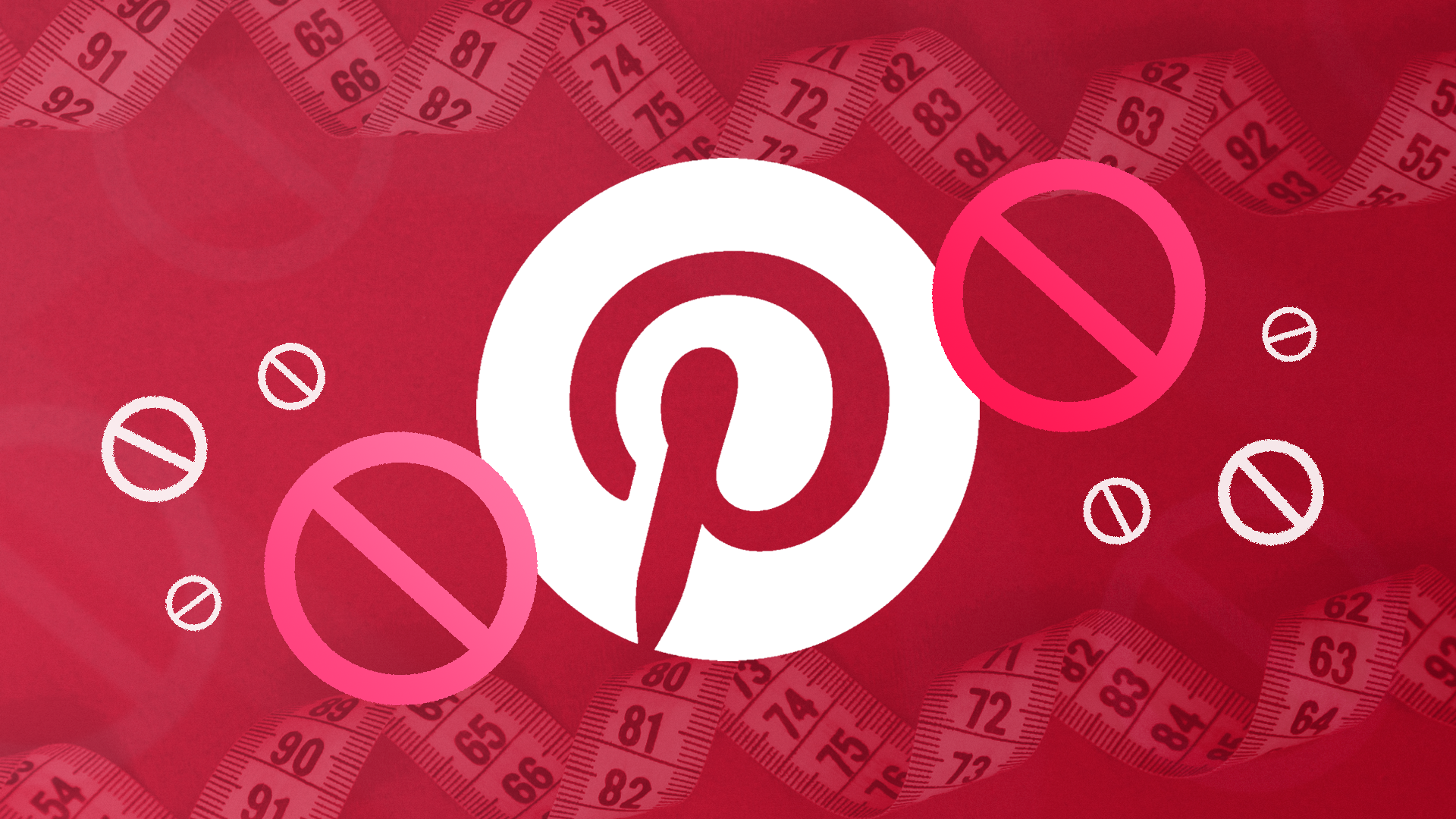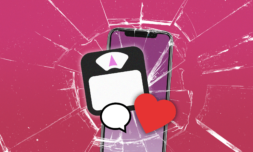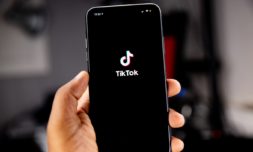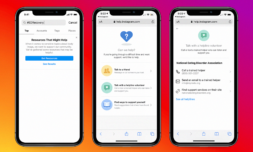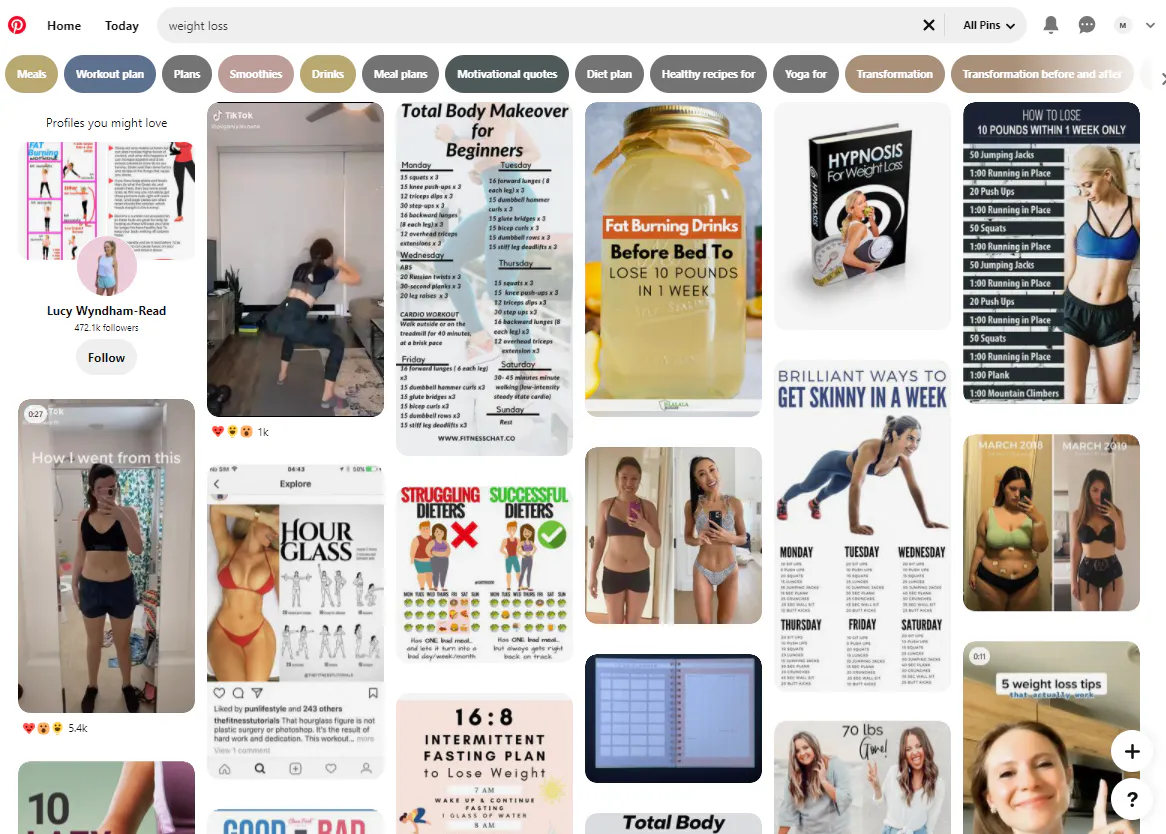The image-sharing service has become the first major social media platform to prohibit any language and imagery that denigrates – or idealises – a certain body type.
If, like me, you’re tired of being bombarded with dubious body-shaming ads while scrolling through social media, you’ll be happy to hear that Pinterest just became the first ever major platform to ban any language and imagery associated with weight loss, including ads that could be seen to idolise or denigrate certain body types.
It will still approve ads promoting ‘healthy habits and lifestyle tips,’ but as of this week, will prohibit any testimonials about weight loss products, programmes, or references to BMI.
The decision – which has been developed in partnership with the National Eating Disorders Association in the US – comes on the back of new research by OnePoll, which reveals over 40% of the British population currently feels pressure to be ‘summer body ready,’ and 28% believes the portrayal of bodies in pop culture leads to self-consciousness.
The first figure rises to almost 80% when applied to the Gen Z demographic alone – concerning is an understatement.
‘There’s been a steep rise in unhealthy eating habits and eating disorders in young people since the Covid-19 pandemic started last year,’ says Pinterest’s head of policy, Sarah Bromma. ‘People are now feeling added pressure to re-join their social circles in person for the first time in a year.’

This isn’t the first time we’ve celebrated a move in this domain, however.
Last year, TikTok cracked down on videos encouraging starvation and anorexia, following reports that potentially harmful pro-weight-loss accounts were still available in search results.
We also looked into the efforts being made to tackle problematic marketing methods from diet companies banking on our lockdown weight-gain concerns to make money and, more recently, Instagram’s push back against weight stigma and troubling stereotypes.
Though a collectively promising display of the growing sense of responsibility for the wellbeing of users online, none of these actions have come close to Pinterest’s in targeting the very root of the issue.
The image-sharing service’s choice to abolish such content outright puts it front and centre in our quest for body neutrality and demonstrates real headway towards a future that doesn’t prioritise image.










